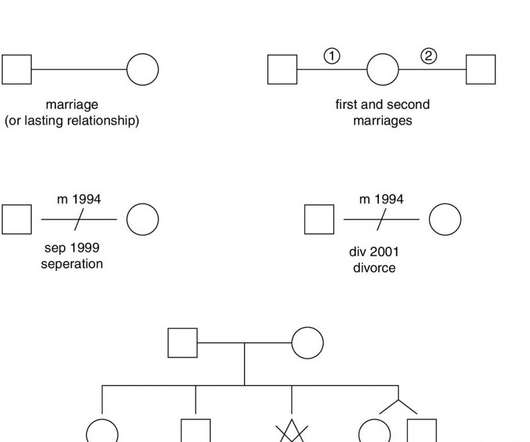Observing therapist-patient interactions to predict dropout from psychotherapy
Society of Clinical Psychology
OCTOBER 1, 2021
This question has been quite difficult to answer, as patients who drop out of treatments are logically rarely available to be interviewed as to why they stopped coming. In the referenced article, the Inventory of Therapeutic Interventions and Skills (Boyle et al., Psychiatric Quarterly, 51 (4), 271–279. 2009; Cahill et al.,












Let's personalize your content